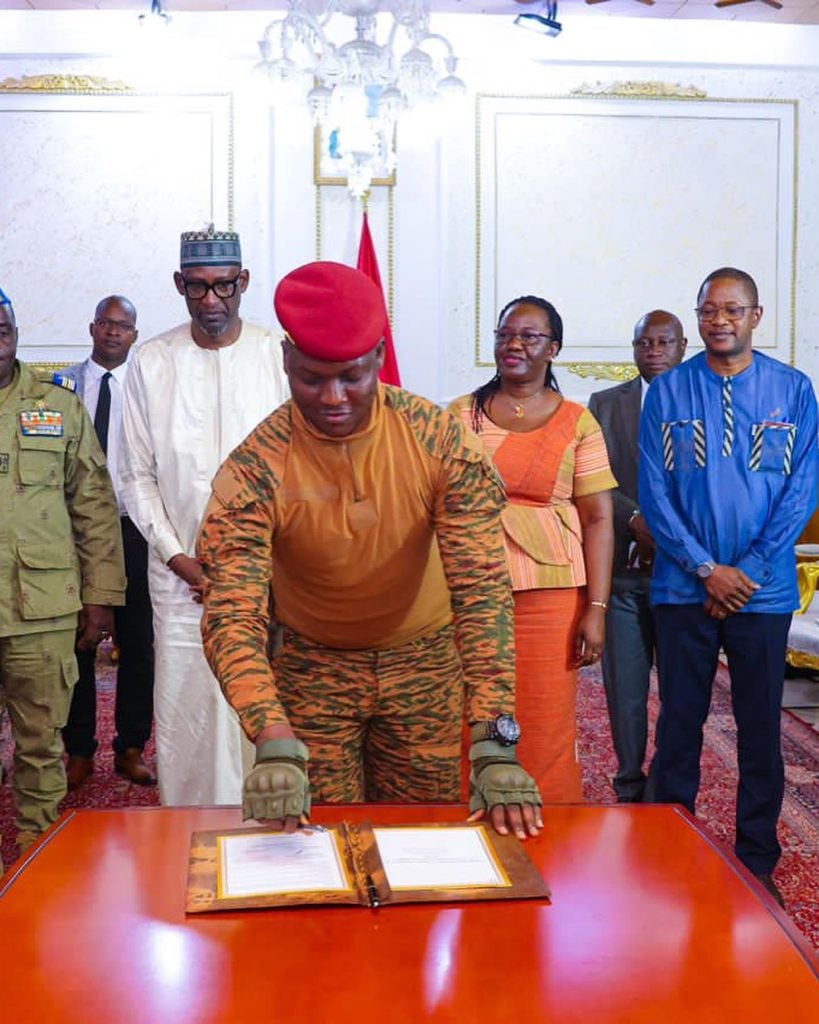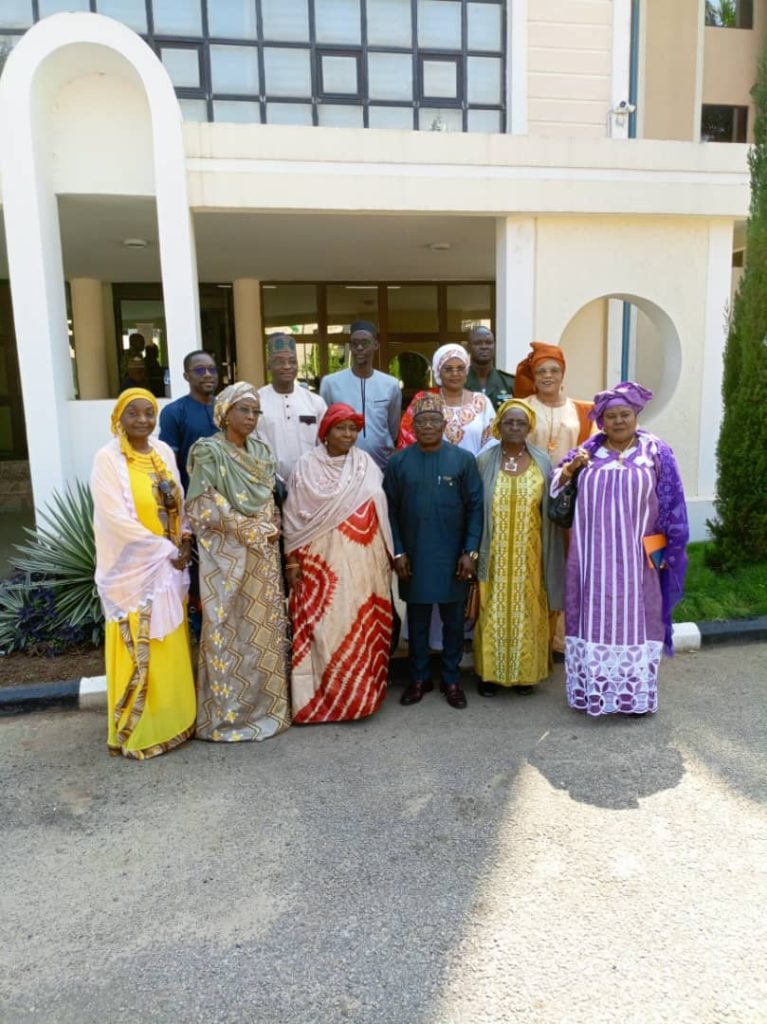
All Global Research articles can be read in 51 languages by activating the Translate Website button below the author’s name (only available in desktop version).
*Since the beginning of the Al-Aqsa Storm on October 7, the Gaza Strip has been a focal point for the movement against imperialism worldwide.
Zionism has been a colonial project since its founding during the late 19th century in Western Europe.
In 1979, the Camp David Accord was signed between the then leaders of the settler-colonial State of Israel and the Egyptian government.
From the mid-1950s under the leadership of President Gamel Abdel Nassar to the 1973 October War led by the successor to Nassar, Anwar Sadat, Egypt had been on the frontline against Zionism. After the June 1967 war, the Israeli government seized the Sinai Desert in Egypt, the Golan Heights in Syria while expanding the occupation to the West Bank and Gaza.
The Camp David Accord was a controversial move by the Egyptian regime of Sadat. In fact, it cost the president his life in an assassination during early October 1981. The Accord was viewed as a betrayal of the Palestinian national liberation movement along with the legitimate claims of neighboring states to their land and sovereignty.
Today the siege on Gaza is threatening the very existence of the Camp David Accord as well as other “normalization” agreements between Tel Aviv and regional states. The bombing and ground offensive by the Israeli Defense Forces (IDF) in Gaza has prompted mass demonstrations throughout West Asia, Africa and the world.
The Zionist state is attempting to drive out the entire Palestinian population from the Gaza Strip in order to remake the territory in its own image alongside Washington and Wall Street. Forcing the Palestinians into Egypt will make the façade of Camp David unsustainable.
Biden during the initial phase of the intensified struggle, deployed aircraft carriers to the eastern Mediterranean. Now the Red Sea, Arabian Sea, Gulf of Aden and the Bab-al-Mandab strait have been further militarized by U.S. imperialism. Yemen and its resistance Ansar Allah forces have challenged other regional states to take militant action against Israel and consequently the U.S. The Red Sea and other contiguous waterways connect West Asian and African states including Yemen, Saudi Arabia, Sudan, Somalia, Eritrea and Egypt. The expansion of the war on Palestine in the present period can only be blamed upon the Biden administration and its allies around the globe.
Even within the United States, the level of activity related to Palestine solidarity has grown exponentially over the last several years. University campuses, urban street corners and transportation hubs are often overtaken by hundreds and even thousands of activists demanding a ceasefire and the disinvestment of U.S. economic interests from the Zionist state.
The administration of President Joe Biden has lost even more electoral support due to the continuing military, economic and diplomatic assistance providing by Washington for the ongoing genocide against Palestinians. A recent poll by the Cable News Network (CNN) indicated that the White House has a 63% disapproval rating. The dismal performance of Biden is not solely a result of his aid in facilitating the genocide against Palestinians. Nonetheless, the U.S. position against a ceasefire has isolated the administration on a global scale.
Repeatedly the U.S. has voted against a ceasefire within the United Nations Security Council and the General Assembly. The AU member-states historically have defended Palestine. However, in recent years the settler-colonial Zionist state has reestablished diplomatic relations with many African governments. Although the masses of Africans are overwhelmingly in favor of the Palestinian cause, the neo-colonial dominated regimes are opportunistic in their approach to foreign policy.
Those who have continued their alliance with the Palestinians are playing a significant role on the continent and indeed internationally. The Republic of South Africa led by the African National Congress (ANC) has maintained a decades-long relationship with the Palestinian liberation movement. It has been the result of South Africa’s foreign policy which has kept the Israeli government out of the proceedings of the AU as observers.
The AU Commission Chair Moussa Faki Mahamat after generating much consternation by making a unilateral decision to admit Tel Aviv as observers in the AU summits, did issue a strong statement in opposition to the genocidal onslaught by Israel against the Palestinians in Gaza. Nonetheless, the South African government led by President Cyril Ramaphosa, is taking a legal case to the International Court of Justice (ICJ) against Israel for their genocidal campaign in Gaza since early October.
South Africa has also sent packing the Israeli ambassador to Pretoria. This is in conjunction with actions taken by South American states Colombia, Bolivia and Chile in breaking diplomatic relations or withdrawing ambassadors. These developments illustrate again the waning influence of the U.S. in the Global South.
Alliance of Sahel States Turn Against French Imperialism
Since the July 26 revolution in Niger, the anti-French sentiment in West Africa has become even more pronounced. Mali, Burkina Faso and Niger are taking a stand against the decades-long policy of subservience to Paris on a diplomatic, economic and military level.
West Africa security pact signed
French diplomatic personnel and security forces have been ordered by the new military-dominated administrations, at the aegis of the masses, to withdraw from Niger, Burkina Faso and Mali. Despite the attempts by Paris and Washington to engineer a proxy war between the pro-western elements within the Economic Community of West African States (ECOWAS) and the National Council for the Safeguarding of Our Homeland (CNSP) government in Niger, the majority of political tendencies have strongly objected.
[The military governments of Niger, Burkina Faso and Mali are supported by the U.S. GR editor]
These events in West Africa during 2023 reveal a burgeoning consciousness related to imperialism and its machinations. The U.S. soon began to walk back the condemnations of the CNSP and attempted to distance itself from the French government of President Emmanuel Macron. The Pentagon utilizes Niger as an outpost for the U.S. Africa Command (AFRICOM) which staffs drone stations inside the country.
Niger women delegation to Abuja
A state encompassing one of the largest uranium deposits in the world will continue to be a coveted area for western states seeking to control strategic metals and minerals. Moreover, if the pattern which has surfaced in the Sahel continues, the more precarious the imperialists will find their status.
What events in the Sahel region illustrate is that the people in West Africa are inclined against war. The internal conflicts are often by-products of the neo-colonial system. The fragmentation inherited from imperialist domination has continued its violent character well into the 21st century.
African Solutions to African Problems
The peace initiative in Ethiopia during 2022 sponsored by the Republic of South Africa and the Republic of Kenya averted a direct military intervention by U.S. imperialism in the Horn of Africa. This process must be replicated in Sudan, Cameroun, Somalia, Chad, the Democratic Republic of Congo (DRC), etc. The Tigray People’s Liberation Front (TPLF) are now being reintegrated into Ethiopian society.
Although the current resolution of the Federal Ethiopian-Tigray war does not mean that other sectional conflicts in Ethiopia are settled, the peace agreements signed in Pretoria and Nairobi do portend much for other unresolved internal and regional disagreements which have become violent. If the UN peacekeeping operations in recent years proved ineffective then there is the need for a rethinking of national and geopolitical strategies for guaranteeing unity and stability.
Ethiopian Prime Minister Abiy Ahmed has emphasized the need to have internal problems resolved through the framework of the AU. This quest will require the African states, progressive parties and mass organizations to unite around a program of anti-imperialism and unification. There is much invested by the western industrialized states in the ongoing divisions and underdevelopment of AU member-states.
In order for the institutionalization of the African Continental Free Trade Area (AfCFTA) to become operational, social stability and peace must reign. However, peace and stability to be sustainable will require the advent of a just and equitable society.
Consequently, as has been enunciated in the Sahel states allied against French neo-colonialism, unity will come about through a process of political renewal and a united front against outside interference. Inevitably, a major battle against imperialism will be waged with mass backing from the workers, farmers and youth.
*Abayomi Azikiwe is the editor of the Pan-African News Wire. He is a regular contributor to Global Research.







